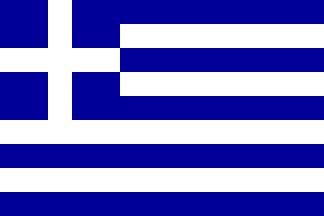Corelab Seminar
2011-2012
Matoula Petrolia (NTUA)
Hardness and approximation results for Black Hole Search in arbitrary networks
Abstract.
A black hole is a highly harmful stationary process residing in a node of a network and destroying all mobile agents visiting
the node without leaving any trace. The Black Hole Search is the task of locating all black holes in a network by exploring it
with mobile agents. We consider the problem of designing the fastest Black Hole Search, given the map of the network and the
starting node. We study the version of this problem that assumes that there is at most one black hole in the network and there are
two agents, which move in synchronized steps. We prove that this problem is NP-hard in arbitrary graphs (even in planar graphs),
solving an open problem stated in [J. Czyzowicz, D. Kowalski, E. Markou, A. Pelc, Searching for a black hole in tree networks,
in: Proc. 8th Int. Conf. on Principles of Distributed Systems, OPODIS 2004, 2004, pp. 34-35. Also: Springer LNCS, vol. 3544,
pp. 67-80]. We also give a 338
-approximation algorithm, showing the first non-trivial approximation ratio upper bound for this
problem. Our algorithm follows a natural approach of exploring networks via spanning trees. We prove that this approach cannot
lead to an approximation ratio bound better than 3/2.
The talk is a presentation of the following paper:
Ralf Klasing, Euripides Markou, Tomasz Radzik, Fabiano Sarracco:
Approximation bounds for Black Hole Search problems. Networks 52(4):
216-226 (2008)
